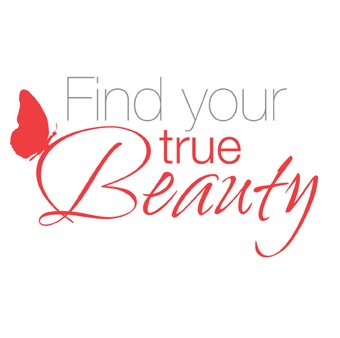Teens and Social Media
Addiction, Depression, and False Impressions
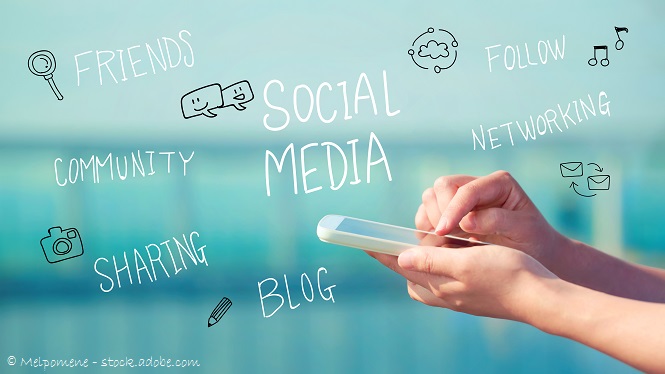
Have you ever seen the movie, Bad Hair Day? In it, the main girl is running for homecoming queen and she rules social media. She has an online poll for everything. What dress should she wear? Which way should she do her hair? Well, it ends up as a big disaster. Anyway, in the beginning, she was incapable of making decisions on her own, she needed input from others. Obviously, she took social media to an extreme, but social media addiction is actually really common, and usually much subtler.
In her book, Reforming Social Media, Mandy J. Hoffman wrote, “many of us use social media to fill a void—loneliness, boredom, and much more. Just like using drugs and alcohol to numb the pain can and often does lead to addiction, using social media to fill the void of relationships or other needs often leads to addiction as well.”
How Can You Tell If You Are Addicted to Social Media?
What if I asked you to avoid social media for a day?
Could you do it?
When I first did this, the answer was no. With social media at our finger tips, it was extremely hard for me to carry my phone around and not pop open Facebook or Instagram when I got bored. I even tried uninstalling the Facebook app from my phone, but I ended up logging on via the internet without the app. I rationalized that it was okay for one reason or another.
And it was a real problem.
The more I gave in, the easier it became, and before I knew it, I was back to using it all the time, regardless of what I was supposed to be doing or who I was ignoring next to me. So I just reinstalled the app and I was back where I started.
One author said, “The addictive aspect of social networking is associated with FOMO -- fear of missing out.” We are afraid that if we don’t check in on social media, that we will miss something. This is the driving force behind me checking my e-mail a million times each day, but I never associated it with social media. My main thing is that when I get bored, it’s something that is super easy to access and a way to occupy my mind.
However, even though social media is easy, it can still pose a problem.
Did you know that, “Many women admit that their self-esteem is related to how many likes, comments, and followers they get on social media. One study showed that positive feedback on social media stimulated the reward-region of the brain. The same region that most addictions stem from, leading to feelings of depression…” (source)
Facebook Depression - It's a Real Thing
In 2011, the term “Facebook Depression” was coined by the American Academy of Pediatrics. Since then, it has been the focus of many studies and articles. Everyone wants to know if it’s a real thing. And it is. While depression is caused by a chemical imbalance in your brain, feelings of depression can be brought on by many different things. Including the dreaded comparison trap.
Here are a few ways social media can trigger depressive thoughts:
- We see the highlights from everyone else’s life, and live with all of our own.
- Seeing everything we miss out on (parties, award ceremonies, trips to the mall, lunch dates, etc.).
- Seeing high engagement on other people’s posts, and not our own.
- Putting a number to how many friends we have (and easily comparing our popularity).
- It can make us feel like we don’t measure up.
- Exposing us to cyber bullying and online criticism.
Here’s the big one for me:
- Social media adds the pressure of looking picture perfect and share-worthy all the time.
We have all heard that a photo is worth a thousand words, so if that’s true, then Instagram says it all. In an article about why Instagram is more depressing than Facebook, Jessica Winter wrote, “Instagram is exclusively image-driven, and images will crack your mirror.”
False Impressions
Now, I’ll be honest, I love Instagram. It’s my favorite social media site. But there is a ton of pressure to post quality photos. It’s not so much about who you are, or what you have to say, but what your image is. Experts tell us to take a dozen or more photos and then pick the very best one to present to the world. And I think we all do that to some degree. We only share the best. We might take a million photos, and then share one… or none if we decide that we don’t look good enough that day or if the lighting is wrong. But when we look at other people’s photos, we assume that it was the first time shot and they really just look that good all the time.
In other words, we give people the false impression that our life is literally picture perfect all the time. We don’t want to share moments that aren’t flattering, and it ends up adding to the lie that if your life isn’t always picture perfect, then you are less-than or a failure.
A while back I watched a short video about Instagram vs. Reality. It was a little too graphic for me to want to share, but it had a really good point behind it. It showed some photos from Instagram and then the behind the scenes look at what was really going on. For instance, her “Girls night out?” photo perfectly captured her high-heels and a glass of wine. But in real life? She was sitting on her couch in her pajamas and high-heels. So even though a picture is worth a thousand words, they can definitely be misleading.
The Story of the Striped Socks
Check out this video Shelley recorded about comparing our blooper reel to someone else's highlight reel.
Books Worth Reading
Saving Social Media
Have you ever noticed that it’s a lot easier to talk trash behind a computer screen, especially if you use networking sites that are anonymous or that only leave content up for a short period of time? And it can be really easy to jump on the bandwagon and start putting someone down.
We forget that there is a person on the other end of that profile with real feelings. Which is where applying the gospel filter to social media comes into play. Think about how you would feel if you were on the receiving end of a comment, meme, or post.
However, social media can also be used to encourage others and build them up (1 Thessalonians 5:11). It’s all up to you. Do you use it to put others down and share your own highlight reel? Do you use it to complain all the time about how bad your life is? Or do you use it as an outlet for your true beauty and a way for God’s light to shine through you?
Social media can absolutely skew our view of beauty. It can damage our self-esteem, or give us false confidence, but only if we let it. In Reforming Social Media, Mandy J. Hoffman wrote, “God can, and will, use social media for His glory and our good.” She recommends asking ourselves the following questions:
- “Does my time on social media glorify God?”
- “Does it make me or others think more highly of Him?”
- “Does it spread His fame and glory throughout whatever realm you are posting in?”
I would add these questions:
- Do my posts build others up, or tear them down?
- How would I feel if I was on the receiving end of this comment, post, or meme?
- Does my post depict the truth, or is it misleading?
The bottom line is that we need to stop and think before we post. We have to be intentional about how we use social media. And how we let it influence us.
You can weigh in below and tell us how social media has impacted your life.
About the Author
 |
Jesus, books. flowers, flipflops, chocolate, and coca cola - those are a few of Heather's favorite things. She doesn't have it all together, but she's okay with that because she knows Christ has her covered when she fails. Her hope that is while she is struggling through this thing called life, she is pointing others towards Jesus along the way. Connect with Heather online: |
How has Social Media Impacted Your Life?
Has social media distorted your view of yourself or others? How do you think it impacts our lives as young women?

What Other Visitors Have Said
Click below to see contributions from other visitors to this page...
Taking on the Challenge 




My boys and I read a story In January where one group of teens tried to go without media for a day and many felt suicidal and hardly any made it to the …
Why Do People Like Popularity 




Well I'm not that popular, but I'm happy for who I am and that's all that matters. And yeah, I'm jealous a little bit so does it matter?
FREE Book and Bible Study for Teen Girls
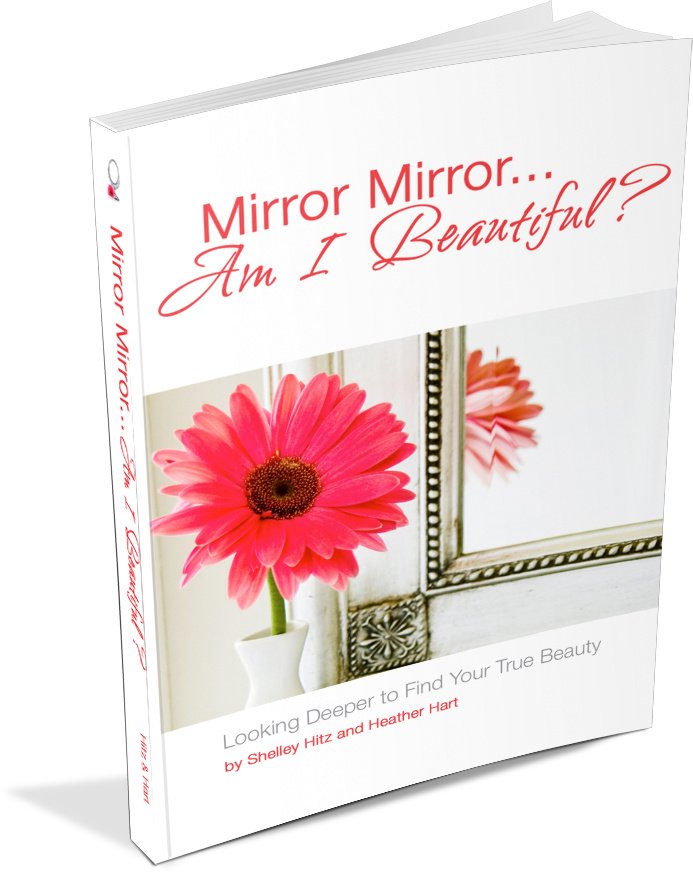
Let's Connect Online
Free Daily Devos
for Teen Girls

Click here for weekly devos or to find out more!
Get the Books!
Books for All Ages
Candid Conversations -
Read real life stories from real Christian women, and discover how God has used their struggles to either refine their faith or used their faith to help them weather the storm.
Get your copy here

Body Image Lies Women Believe - Read 26 different stories from 26 women and learn how to overcome body image lies with God's truth.
Get your copy here
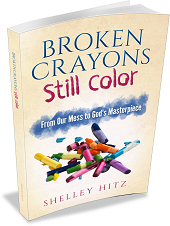
Broken Crayons Still Color - Shelley Hitz shares how our biggest regrets, failures and mistakes become what God uses the most in our lives.
Get your copy here
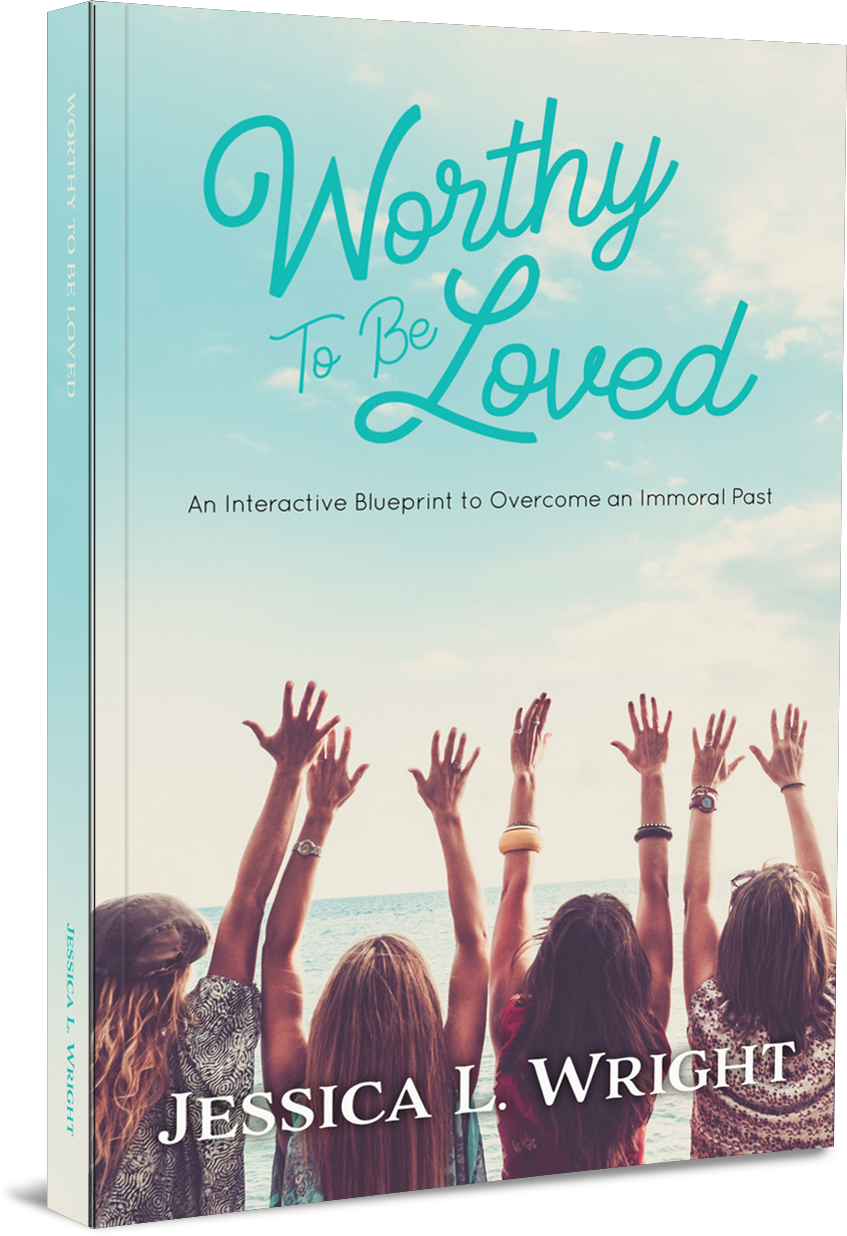
Worthy To Be Loved - We're told that purity is precious; that our virginity is a gift. So what happens once that "gift" has been opened? Join Jessica in this book to find out.
Get your copy here
Please note that we are a member of the Amazon affiliate program which is designed to provide a means for sites to earn advertising fees by advertising and linking to Amazon.com.
Get True Beauty Stuff!
